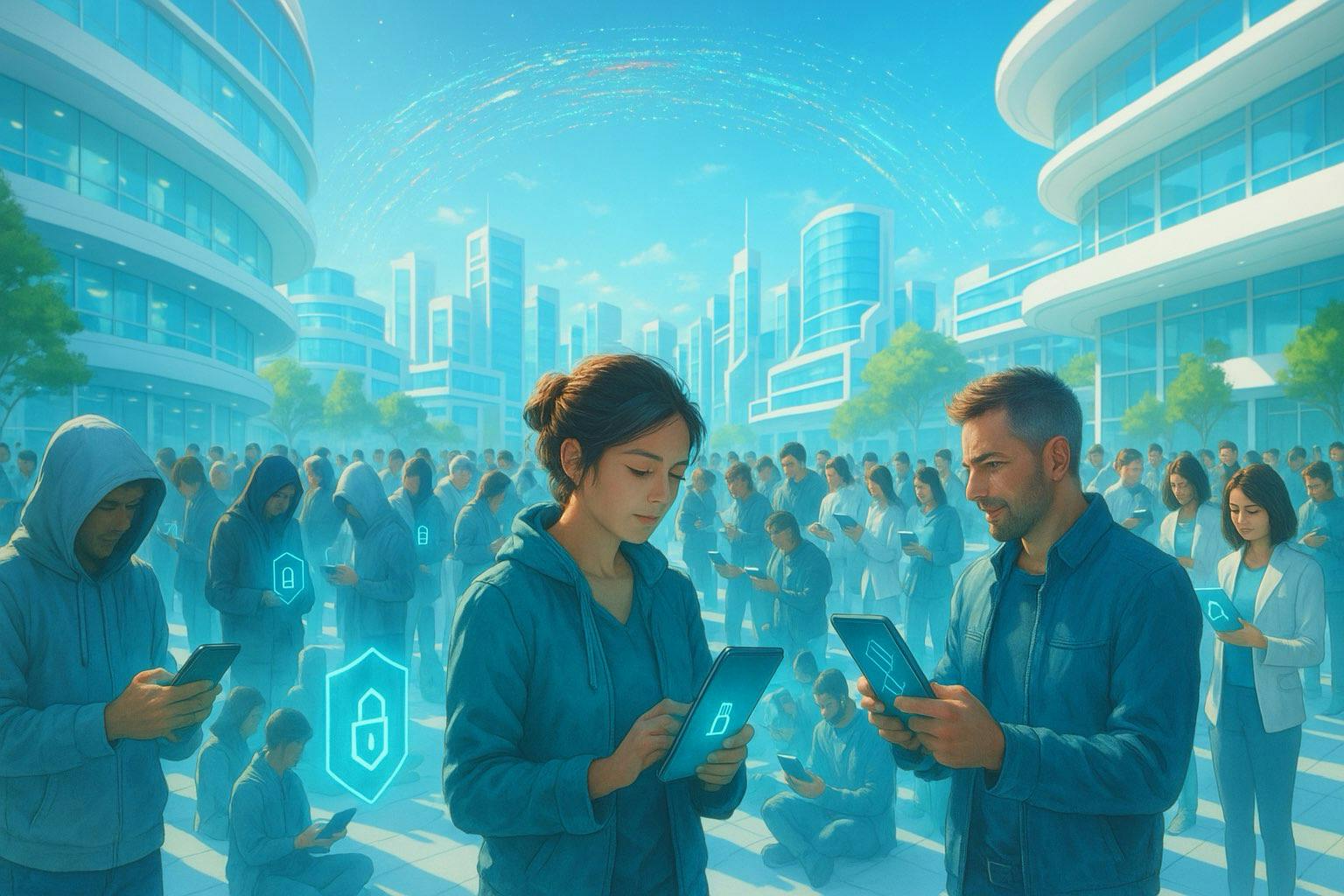
"The task for a decentralized internet isn't just to dismantle institutional power. It has to undo the mental chains we place around ourselves that keep us censored. This speaks to a deeper challenge that goes beyond technology, posing questions about our willingness to embrace true freedom."
"Where I'm from, 'censorship is a necessary trade-off' became the dominant narrative for harmony and safety. People often accept restrictions in the name of the greater good, whether it's for public health or misinformation."
The article explores the challenges posed by censorship in both centralized and decentralized systems. It discusses how individuals in censored environments adapt to restrictions on speech, often accepting these limitations as necessary for societal harmony. The advent of Web3 offers potential freedom from centralized control, but the author emphasizes that achieving true liberty requires a mental shift away from self-censorship and a reassessment of public acceptance of censorship under various guises, such as protecting public health.
Read at Hackernoon
Unable to calculate read time
Collection
[
|
...
]